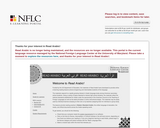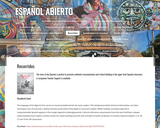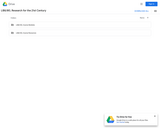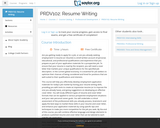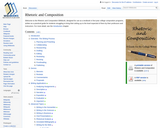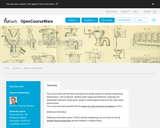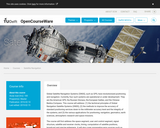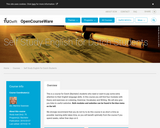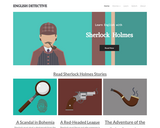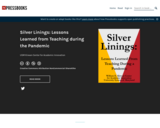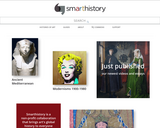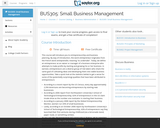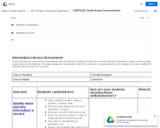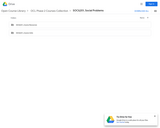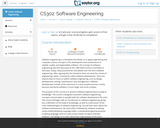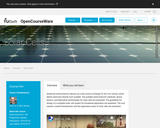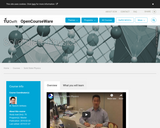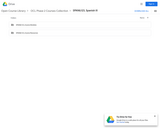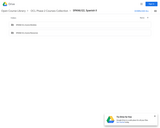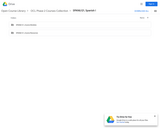In Fall 2021, the University System of Maryland’s William E. Kirwan Center for Academic Innovation hosted a faculty showcase titled Silver Linings: Lessons Learned from Teaching during the Pandemic. Faculty, individually and with colleagues, shared challenges, triumphs, lessons learned, and new approaches for supporting quality teaching and learning brought on by the COVID-19 pandemic. Sessions explored novel instructional approaches, active learning pedagogies, student engagement practices, assessment techniques, communication strategies, and faculty-staff and faculty-student partnerships.
Following the showcase, presenters were invited to take part in these proceedings, in which they were asked to critically reflect on the work that they undertook. Together, these essays help paint a picture of teaching and learning efforts that are flexible, creative, empathetic toward students, and inclusive of students’ differing needs. In terms of organization, the volume’s essay topics start with finer-grained, classroom-level adaptations and move through broader philosophical musings, research findings, and faculty and student supports.
The intended audiences for this volume are faculty colleagues and those who support them in the work of fostering intentional, high-quality teaching and learning, from department chairs and deans, to instructional designers, to teaching and learning center directors. It is also my hope that more senior academic leaders will read this volume and consider the ways in which institutions writ large can better support faculty in advancing the kinds of innovations found within this volume.
A PDF of this book is available for download at https://www.usmd.edu/cai/sites/default/files/Silver%20Linings%20%281%29.pdf
